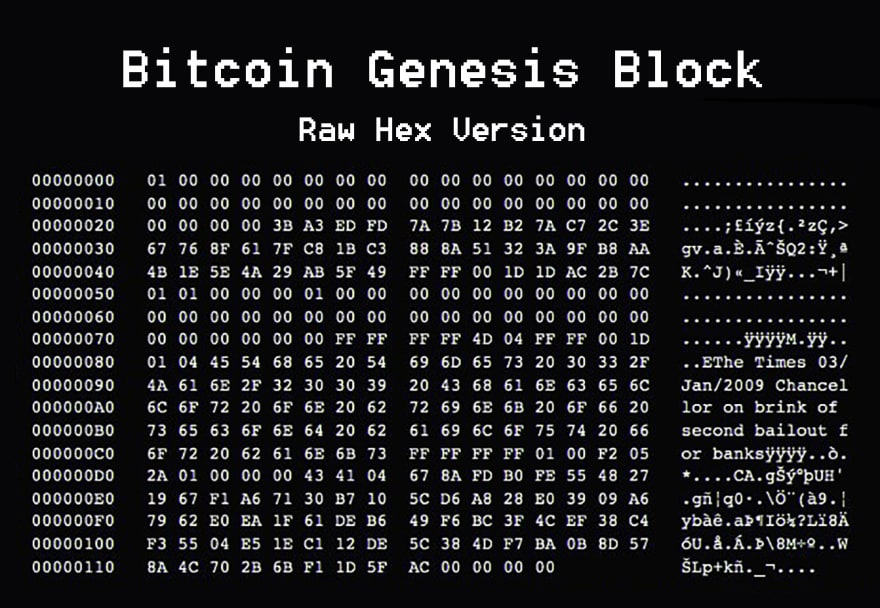45
Learning Bitcoin Part -1
Over the next few days we would be learning the basics and fundamentals of bitcoin.
Today we will be talking about the origin of bitcoin
This is one of the well-guarded secret and mystery.
No one actually know who created bitcoin, but we have a name attributed to it - Satoshi Nakamoto.
This Person or Collection of person have authored a whitepaper titled Bitcoin: A Peer-to-Peer Electronic Cash System, on October 31, 2008.
This whitepaper was posted on cryptography mailing list below is the original content of the email.
No one actually know who created bitcoin, but we have a name attributed to it - Satoshi Nakamoto.
This Person or Collection of person have authored a whitepaper titled Bitcoin: A Peer-to-Peer Electronic Cash System, on October 31, 2008.
This whitepaper was posted on cryptography mailing list below is the original content of the email.
I've been working on a new electronic cash system that's fully
peer-to-peer, with no trusted third party.
The paper is available at:
http://www.bitcoin.org/bitcoin.pdf
The main properties:
Double-spending is prevented with a peer-to-peer network.
No mint or other trusted parties.
Participants can be anonymous.
New coins are made from Hashcash style proof-of-work.
The proof-of-work for new coin generation also powers the
network to prevent double-spending.
Bitcoin: A Peer-to-Peer Electronic Cash System
Abstract. A purely peer-to-peer version of electronic cash would
allow online payments to be sent directly from one party to another
without the burdens of going through a financial institution.
Digital signatures provide part of the solution, but the main
benefits are lost if a trusted party is still required to prevent
double-spending. We propose a solution to the double-spending
problem using a peer-to-peer network. The network timestamps
transactions by hashing them into an ongoing chain of hash-based
proof-of-work, forming a record that cannot be changed without
redoing the proof-of-work. The longest chain not only serves as
proof of the sequence of events witnessed, but proof that it came
from the largest pool of CPU power. As long as honest nodes control
the most CPU power on the network, they can generate the longest
chain and outpace any attackers. The network itself requires
minimal structure. Messages are broadcasted on a best effort basis,
and nodes can leave and rejoin the network at will, accepting the
longest proof-of-work chain as proof of what happened while they
were gone.
Full paper at:
http://www.bitcoin.org/bitcoin.pdf
Satoshi NakamotoOn 9 January 2009, Nakamoto released version 0.1 of the bitcoin software on SourceForge, and launched the network by defining the genesis block of bitcoin (block number 0), which had a reward of 50 bitcoins.

Bitcoin is not something which has popped up out of blue, but it was combination of various technologies which lead to it.
Below are a few technology inventions that “Satoshi Nakamoto” uses, mentions, and gives credit via his whitepaper:
1) digital cash technology and protocol called ecash by David Chaum and Stefan Brands
2) “proof of work” system called hashcash by Adam Back for spam monitoring and control, which was eventually built upon by Hal Finney, who created a reusable proof-of-work protocol
3) distributed scarcity system built upon “b-money” created by Wei Dai
4) technology called “bitgold” by Nick Szabo that proposed a mechanism for market inflation control
Key point to mention all of the above mentioned folks have denied being Satoshi Nakamoto or being part of the group being called "Satoshi Nakamoto"
45
